Plastic Recycling -
the ultimate guide
Plastic Recycling - the ultimate guide
WasteTrade is the leading online marketplace providing plastic recycling solutions for commercial waste. Plastic recycling is one of the most powerful tools we have in the fight against climate change; it minimises carbon emissions, reduces waste going to landfill and incineration, prevents plastic pollution, and conserves natural resources.
Historically, there has been a number of obstacles preventing businesses from opting for plastic recycling services, such as complex compliance procedures and prohibitive haulage costs, all of which WasteTrade provides a remedy for. However, one of the main barriers to entry for plastic recycling has simply been lack of knowledge and proper understanding of these services, the benefits they offer, and how to access them. This page walks you through everything you need to know about the world of plastic recycling, so that you, too, can take advantage of these services to inject cash into your business while also safeguarding the environment.
Which Plastics Can Be Recycled?

Not all plastics can be recycled, but many can. The most commonly recycled plastics are PET (Polyethylene Terephthalate) and HDPE (High-Density Polyethylene) used in bottles, containers, and packaging. Other plastics that can be recycled include PVC (Polyvinyl Chloride), LDPE (Low-Density Polyethylene), PP (Polypropylene), and PS (Polystyrene). By recycling these plastics, we can reduce waste and conserve natural resources. Recycled plastic can be used to make a wide range of products, including recycled plastic garden furniture, decking, benches, and other outdoor furniture.
What Plastics Cannot Be Recycled?
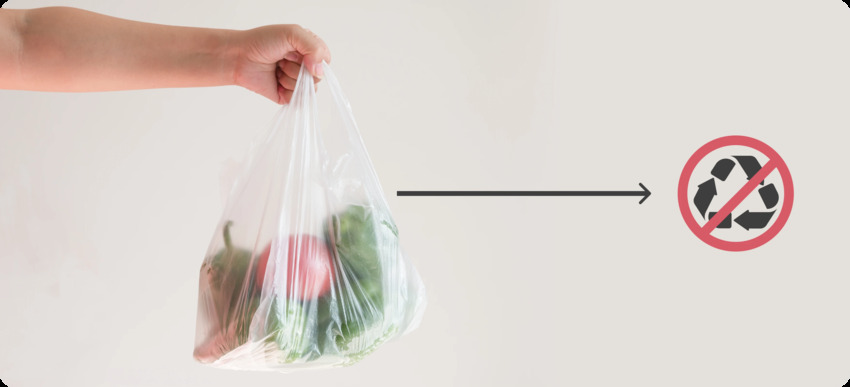
Some plastics cannot be recycled due to their composition or other factors. Examples of plastics that cannot be recycled include plastic bags, food packaging, cling film, and other soft plastics. These materials can clog recycling machines, cause contamination in recycling streams, and reduce the overall quality of recycled plastic. It's important to properly dispose of these materials in the rubbish or through other waste management methods.
What Are the Plastic Recycling Rules?
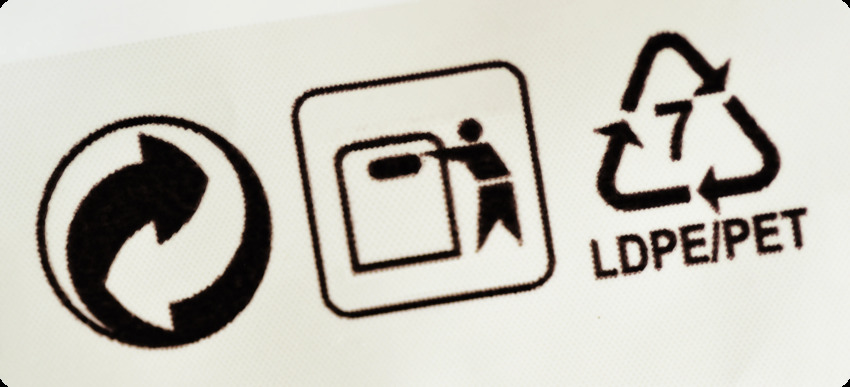
To ensure that plastic materials can be effectively recycled, it's important to follow basic rules and guidelines. These include cleaning plastic materials before recycling, removing caps and lids, and sorting plastic materials according to their recycling codes. These codes, represented by a triangle with a number inside, indicate the type of plastic and can help recycling facilities sort and process materials more efficiently.
What Are 5 Ways to Recycle Plastic?
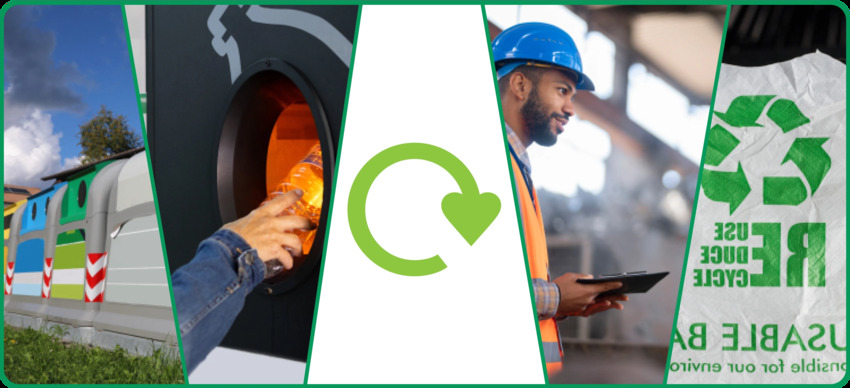
There are many ways to recycle plastic, including:
- Recycling at home: Many communities offer kerbside recycling programmes for plastic materials, allowing residents to place plastic bottles, containers, and packaging in their recycling bins.
- Using recycling bins: Some communities require residents to drop off plastic materials at designated recycling centres, which may be located at supermarkets, schools, or other public facilities.
- Finding plastic recycling locations near you: Recycling facilities may also accept other types of plastic, such as hard plastic toys, garden tools, and appliances. You can find local recycling facilities by searching online or using apps like Recycle Now.
- Participating in plastic recycling initiatives: Many companies and organisations offer plastic recycling initiatives and programmes to encourage individuals and businesses to recycle their plastic waste.
- Upcycling plastic materials: You can also upcycle plastic materials by using them to create new products, such as making planters out of plastic bottles or turning plastic bags into reusable shopping bags.
What Plastics Cannot Be Recycled in the UK?
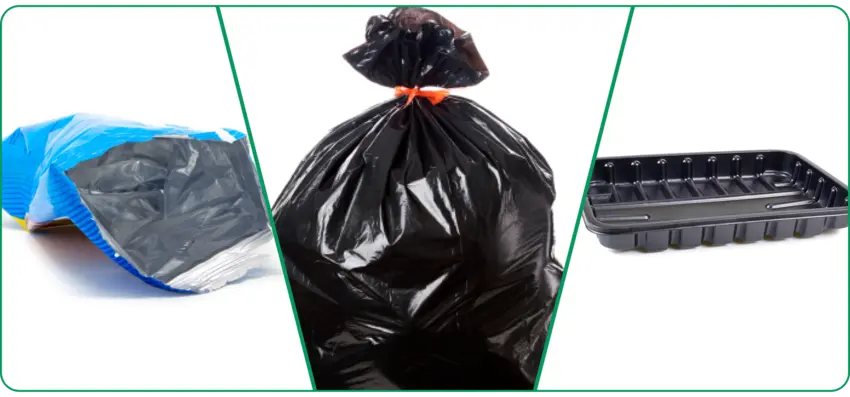
In the UK, some plastics that cannot be recycled include plastic bags, crisp packets, and black plastic food trays. These materials are difficult to recycle due to their composition or colour and can cause contamination in recycling streams. It's important to check local recycling guidelines to determine which plastics can be recycled in your area.
What Are 3 Things That Cannot Be Recycled?
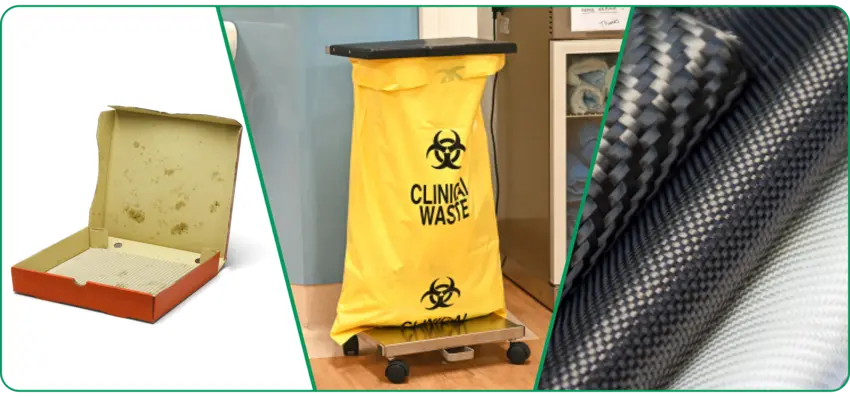
In addition to certain types of plastic materials, there are other materials that cannot be recycled.
These include:
1. Dirty or contaminated materials: Items that are dirty, contaminated, or mixed with other materials cannot be recycled. For example, pizza boxes that are greasy and stained with food cannot be recycled.
2. Hazardous materials: Materials that are hazardous to the environment or human health, such as batteries, electronic devices, and medical waste, cannot be recycled in regular recycling programmes.
3. Composite materials: Materials that are made up of multiple components, such as laminated paper or plastic, cannot be recycled easily and are often discarded in landfills.
What Plastic Can Be Recycled in the UK?

In the UK, the most commonly recycled plastics are PET and HDPE used in bottles, containers, and packaging. Other plastics that can be recycled include PVC, LDPE, PP, and PS. The British government has also launched initiatives to increase plastic recycling rates, including the Plastics Pact, which aims to eliminate unnecessary single-use plastics and increase the use of recycled plastic.
Can All Plastics Now Be Recycled?

Not all plastics can be recycled at this time, but efforts are being made to increase the number of plastics that can be recycled. Innovations in technology and recycling processes are making it possible to recycle more types of plastic, and initiatives like the Plastics Pact are helping to increase demand for recycled plastic. However, it's important to follow local recycling guidelines and check which plastics can be recycled in your area.
How Can You Tell If Plastic Is Recyclable?
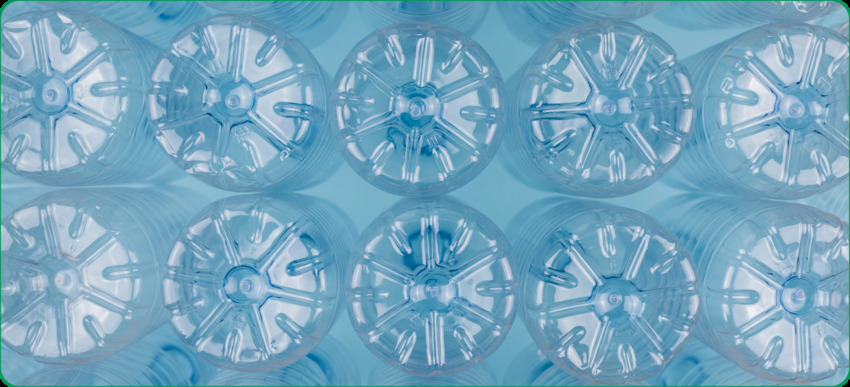
Plastic materials are often marked with a recycling code, which indicates the type of plastic and whether it can be recycled. The code is usually located on the bottom or side of the plastic item and is represented by a triangle with a number inside. It's important to check local recycling guidelines to determine which plastics can be recycled in your area, as some materials may not be accepted by local recycling facilities.
Can All 7 Types of Plastic Be Recycled?

Not all 7 types of plastic can be recycled, but many can. The most commonly recycled plastics are PET and HDPE, while other plastics that can be recycled include PVC, LDPE, PP, and PS. Plastics labelled with codes 3, 4, 6, and 7 are less commonly recycled, but efforts are being made to increase their recyclability.
Should I Crush Plastic Bottles Before Recycling?
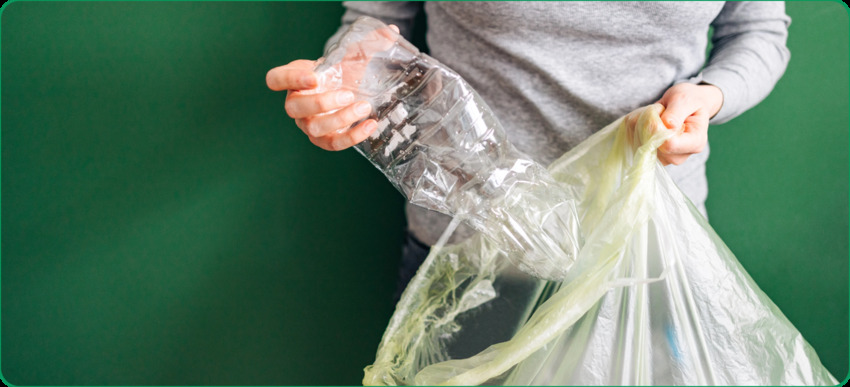
It's not necessary to crush plastic bottles before recycling, but it can help to save space in recycling bins and reduce the frequency of emptying the bin. However, it's important not to crush bottles too much, as flattened bottles can become stuck in recycling machines and cause jams.
What Colour Bin Does Plastic Recycling Go In?
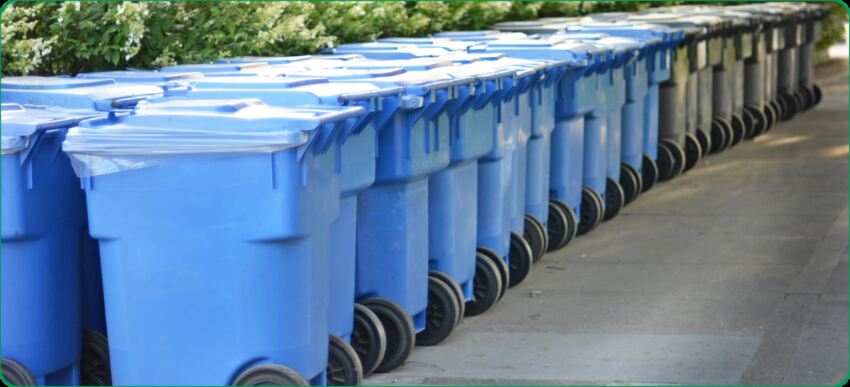
In the UK, plastic recycling is usually collected in the recycling bin or container, which is often blue in colour. Local authorities may have specific guidelines on which plastic materials can be recycled and how they should be sorted and prepared for recycling.
Can Cling Film Be Recycled?
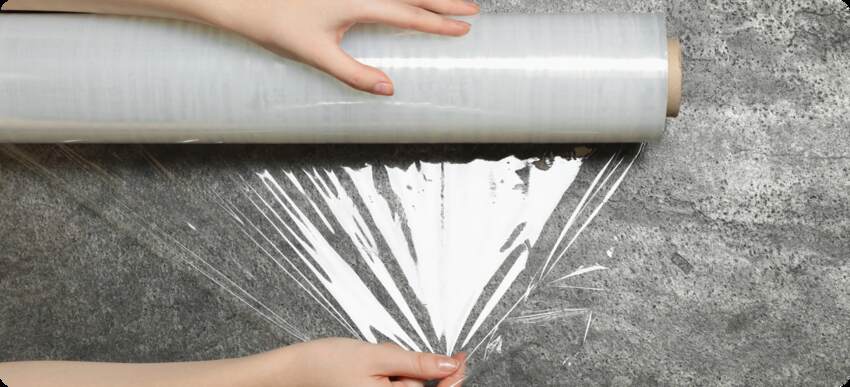
Cling film, also known as plastic wrap or Saran wrap, cannot be recycled in most curbside recycling programmes. It's important to dispose of cling film in the rubbish or look for alternative materials, such as reusable food wraps or containers.
Why Are So Many Plastics Not Recyclable?
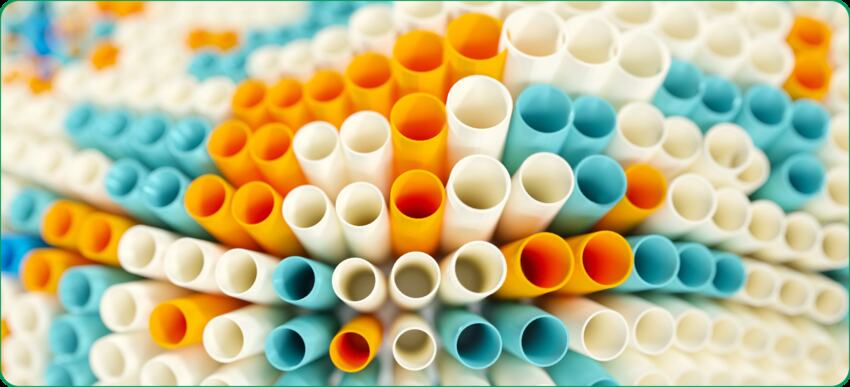
Many plastics are not recyclable due to their composition, colour, or other factors. Some plastics contain additives or chemicals that make them difficult to recycle, while others are made up of multiple layers or components that are difficult to separate. Additionally, contamination of plastic materials can reduce the quality of recycled plastic and make it less desirable for manufacturers.
Can I Put Bubble Wrap in Recycling?
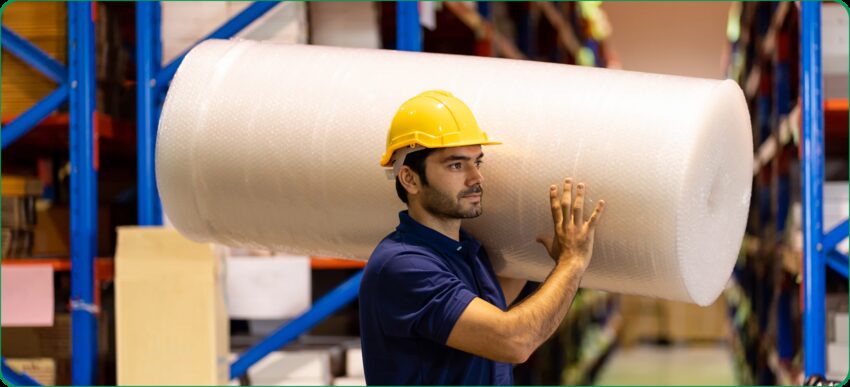
Bubble wrap cannot be recycled in most curbside recycling programmes. It's important to dispose of bubble wrap in the rubbish or look for alternative uses, such as using it for packing or cushioning materials during transportation.
Why Can't You Recycle Paper Towels?
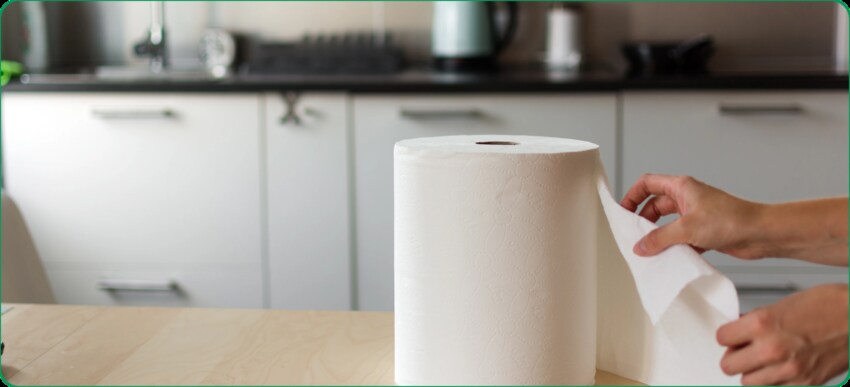
Paper towels cannot be recycled in most curbside recycling programmes because they are often contaminated with food, grease, or other substances. Additionally, the fibres in paper towels are shorter and weaker than other paper products, making them less desirable for recycling.
Can You Recycle Vaseline Tins?
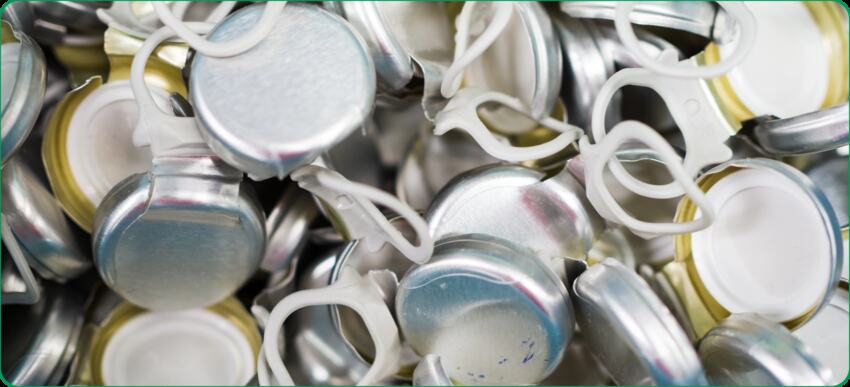
Vaseline tins, or any metal tins and cans, can be recycled in most curbside recycling programmes. It's important to rinse out the tins and remove any labels or adhesives before recycling.
Are Deodorant Containers Recyclable?
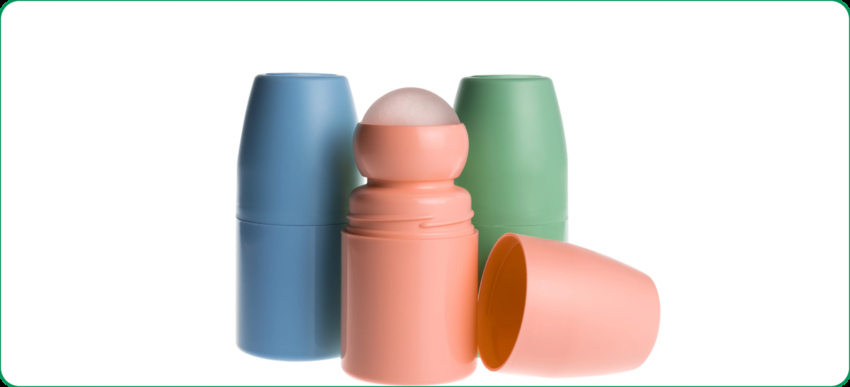
Deodorant containers are often made up of multiple components, including plastic and metal, making them difficult to recycle in curbside recycling programmes. However, some companies offer recycling programmes for their products, and it's important to check local recycling guidelines to determine how to properly dispose of deodorant containers.
How Is Plastic Recycled in the UK?
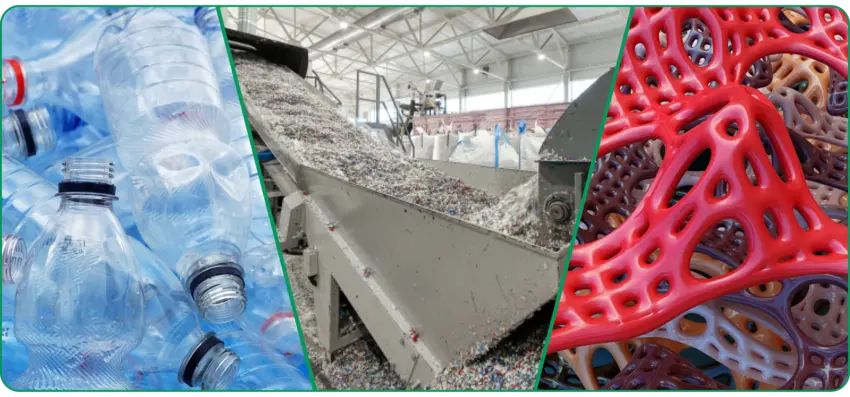
Plastic recycling in the UK involves a multi-step process that includes sorting, cleaning, shredding, and melting plastic materials. The recycled plastic is then formed into pellets or flakes, which can be used to make a wide range of products, including recycled plastic garden furniture, decking, and benches. Many plastics recyclers in the UK offer a range of services to help individuals, businesses, and communities recycle their plastic waste.
What Can I Do with Empty 2-Litre Bottles?

Empty 2-litre bottles can be recycled in most curbside recycling programmes. They can also be upcycled into a variety of useful items, such as planters, bird feeders, or storage containers.
What Is the Most Common Method for Recycling Plastics?
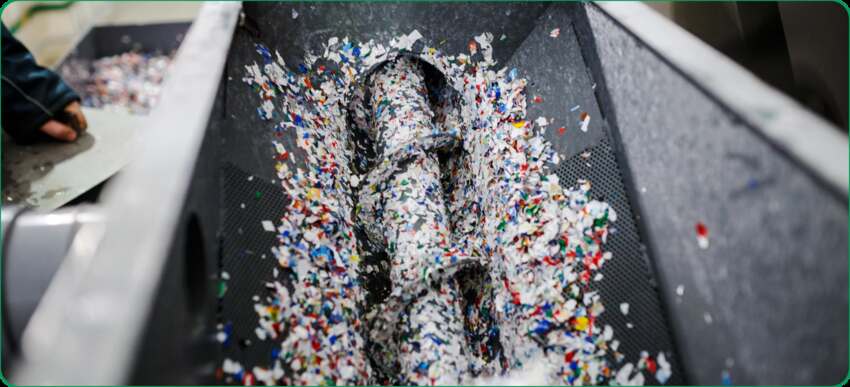
The most common method for recycling plastics is mechanical recycling, which involves shredding and melting plastic materials to create new products. However, there are other methods of recycling, such as chemical recycling and upcycling, that are becoming more popular as technology advances.
What Plastic Can Be Recycled at Supermarkets?

Many supermarkets in the UK offer recycling bins for plastic bags and film, including carrier bags, bread bags, and frozen food bags. Some supermarkets may also accept other types of plastic materials, such as plastic bottles and containers. It's important to check local recycling guidelines and ask store employees which plastics can be recycled at their location.
Can I Put Plastic Packaging in the Recycling Bin?

It depends on the type of plastic packaging. Some plastic packaging, such as plastic bottles and containers, can be recycled in most curbside recycling programmes. Other types of plastic packaging, such as pouches or wrappers, may not be accepted in local recycling programmes. It's important to check local recycling guidelines and look for recycling symbols or codes on plastic packaging to determine whether it can be recycled.
How Do You Recycle Plastic Containers?
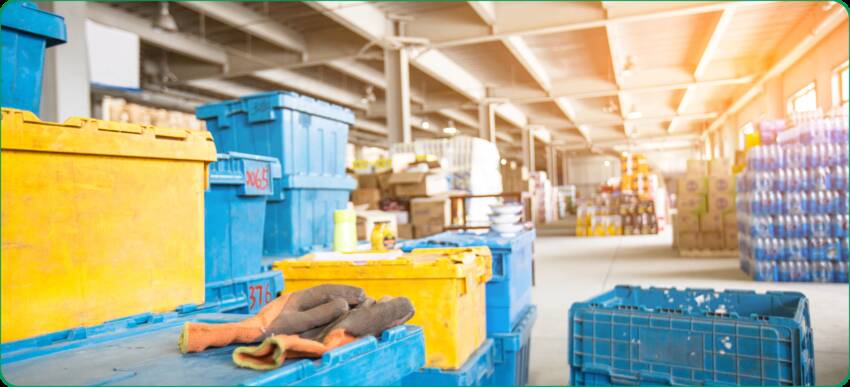
To recycle plastic containers, it's important to first rinse out any food or debris and remove any caps or lids. Then, check the recycling code on the container to determine the type of plastic and whether it can be recycled in your area. Place the container in the recycling bin or take it to a designated recycling facility.
Can Toothpaste Tubes Be Recycled?
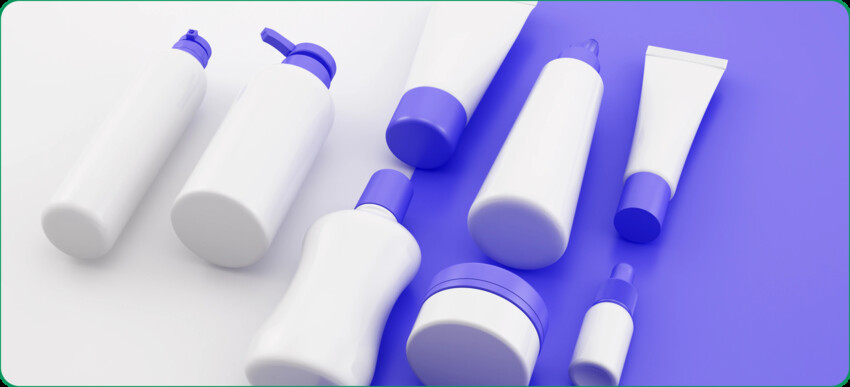
Toothpaste tubes are often made up of multiple components, including plastic and metal, making them difficult to recycle in curbside recycling programmes. However, some companies offer recycling programmes for their products, and it's important to check local recycling guidelines to determine how to properly dispose of toothpaste tubes.
How Do I Dispose of Tupperware in the UK?
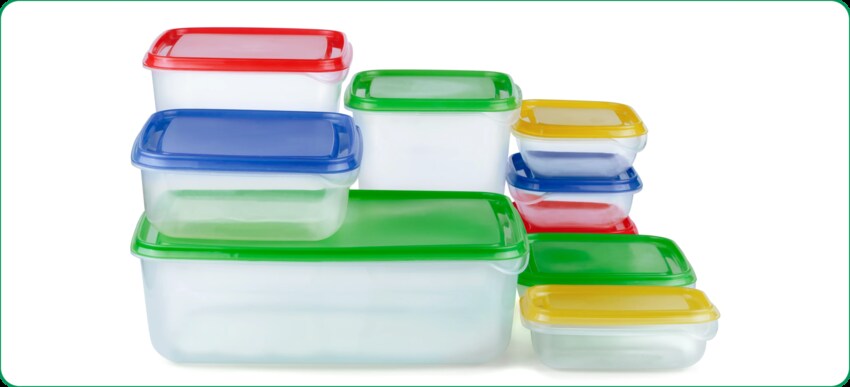
Tupperware containers can be recycled in most curbside recycling programmes if they are made of recyclable plastic materials. It's important to rinse out the containers and remove any labels or adhesives before recycling. If the Tupperware container is not recyclable, it should be disposed of in the rubbish or through other waste management methods.
Can You Recycle McDonald's Cups in the UK?
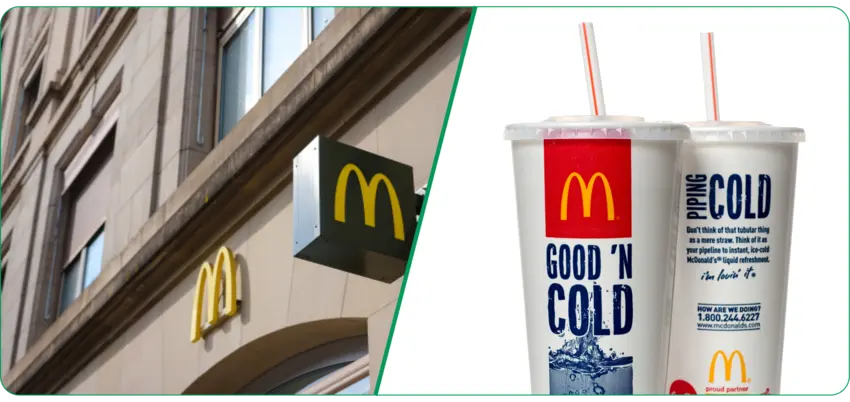
McDonald's cups in the UK are made of a combination of paper and plastic materials, making them difficult to recycle in curbside recycling programmes. However, some McDonald's locations offer recycling bins for their cups and packaging, and it's important to check local recycling guidelines to determine how to properly dispose of these materials.
Recycling plastic is an important step in reducing waste and protecting the environment. By following basic rules and guidelines and supporting plastic recyclers and sustainable businesses like WasteTrade, we can create a more environmentally conscious future with a fully circular economy.
Recycled plastic products, such as recycled plastic garden furniture and decking, are becoming more popular and offer a sustainable alternative to traditional materials. Every small step counts, so start recycling your plastic materials today and make a positive impact on the environment.
In addition to recycling, there are other ways to reduce plastic waste and promote sustainability. Here are some ideas:
1. Reduce single-use plastic: Choose reusable options for items like water bottles, shopping bags, and food containers to reduce the amount of single-use plastic in your life.
2. Choose products made from recycled plastic: Look for products made from recycled plastic materials, such as recycled plastic benches or recycled plastic rugs, to support sustainable businesses and reduce the demand for new plastic products.
3. Support plastic-free initiatives: Encourage businesses and governments to implement plastic-free initiatives and reduce plastic waste in their operations.
4. Educate others: Spread awareness about the importance of plastic recycling and sustainability to inspire others to take action and make a positive impact on the environment.
In conclusion, plastic recycling is an essential aspect of waste management and sustainability efforts. With the help of plastic recyclers, businesses like WasteTrade, and individuals taking action to reduce their plastic waste, we can create a cleaner and healthier environment for future generations. Remember to follow local recycling guidelines, choose recycled plastic products, and support sustainable initiatives to make a positive impact on the environment.
Sell & Buy your waste material
Поделиться страницей